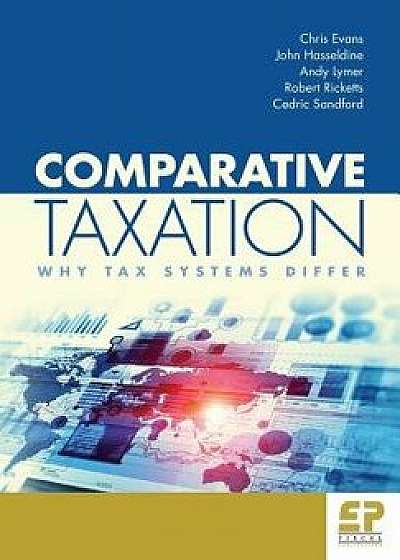
Comparative Taxation: Why Tax Systems Differ:, Paperback/Evans Chris
Descriere
This book explores a number of critical issues related to tax systems around the world. Drawing upon a wealth of literature, it compares and contrasts modern tax systems in developed and developing countries, identifying factors that suggest they are converging and others that continue to distinguish them. It addresses the taxation of incomes (personal and corporate), wealth and consumption at the local, national, supranational and international levels; considers the use of environmental taxes; provides an analysis of modern trends in tax administration including issues of tax complexity and of tax compliance; and addresses the process and outcomes of tax reform. Readers will include anyone interested in how tax systems are formed, how they operate in practice, and how they are reformed. An ideal text for academic study at the intermediate or advanced levels. This text explores and answers questions including: - Why are the tax systems of developing and developed countries converging and how do they still differ? - Why is the property tax the most widely used tax for local government? - Why has income become the predominant tax base in developed countries? - Do we need corporate income taxes? - Why are wealth taxes relatively under-utilised in all countries? - Why have so many countries adopted a VAT as their general sales tax? - How do taxes help governments to deliver environmental objectives? - Can we avoid complexity in tax system design or are we stuck with it if we want effective taxes? - Why do taxpayers comply, or not comply, with their tax obligations? - Where should we go next in designing tax systems for the 21st century? - ... and many others.










